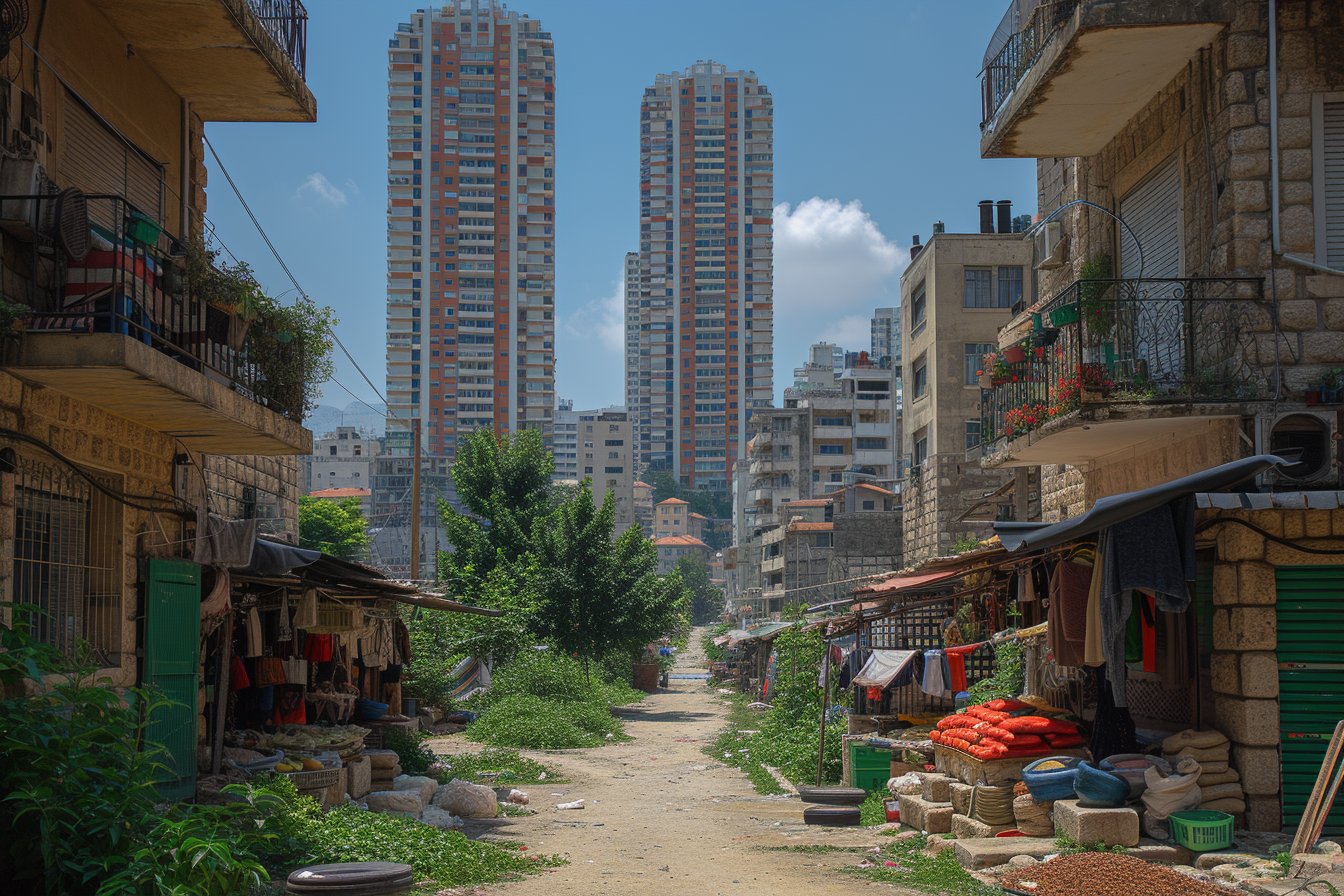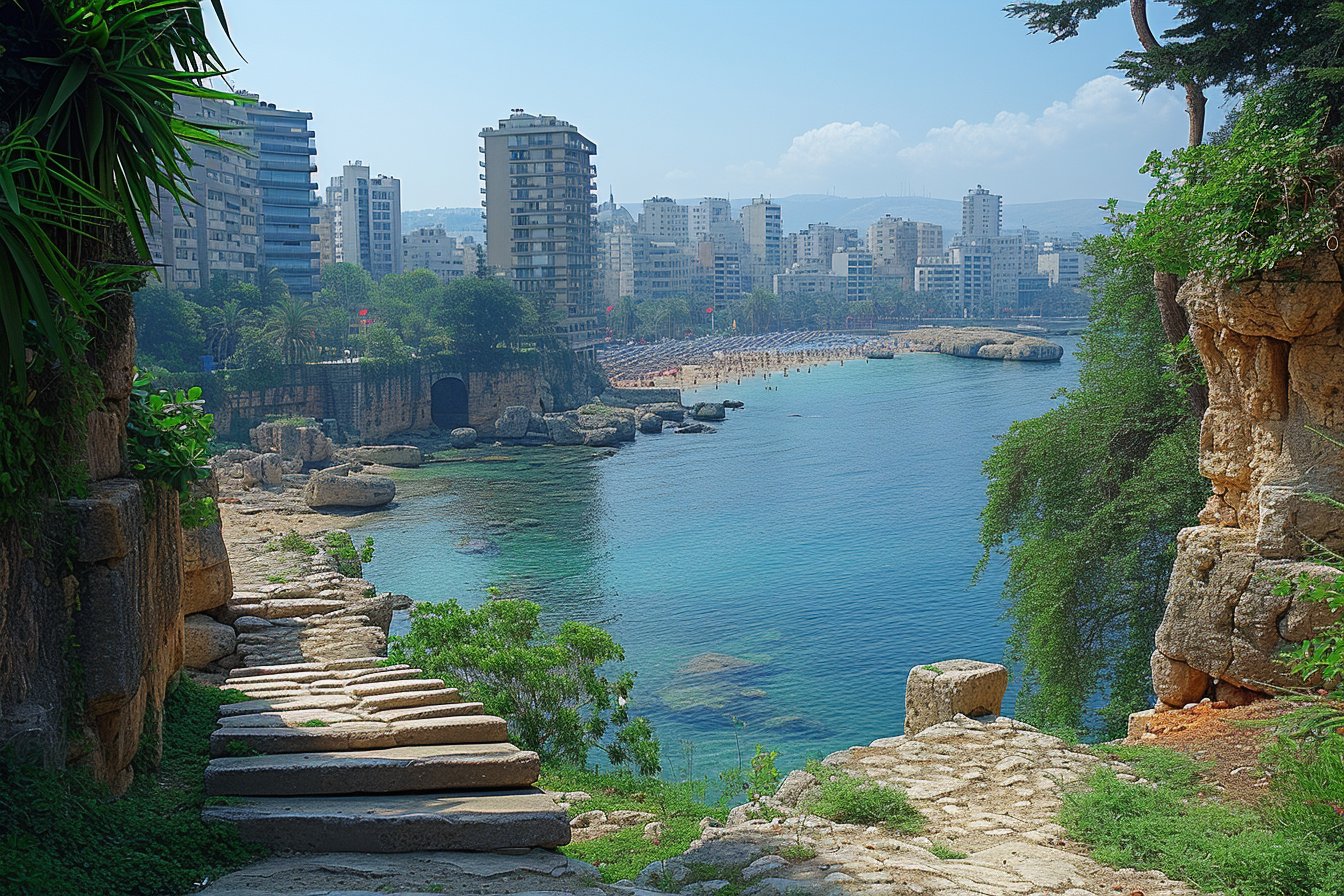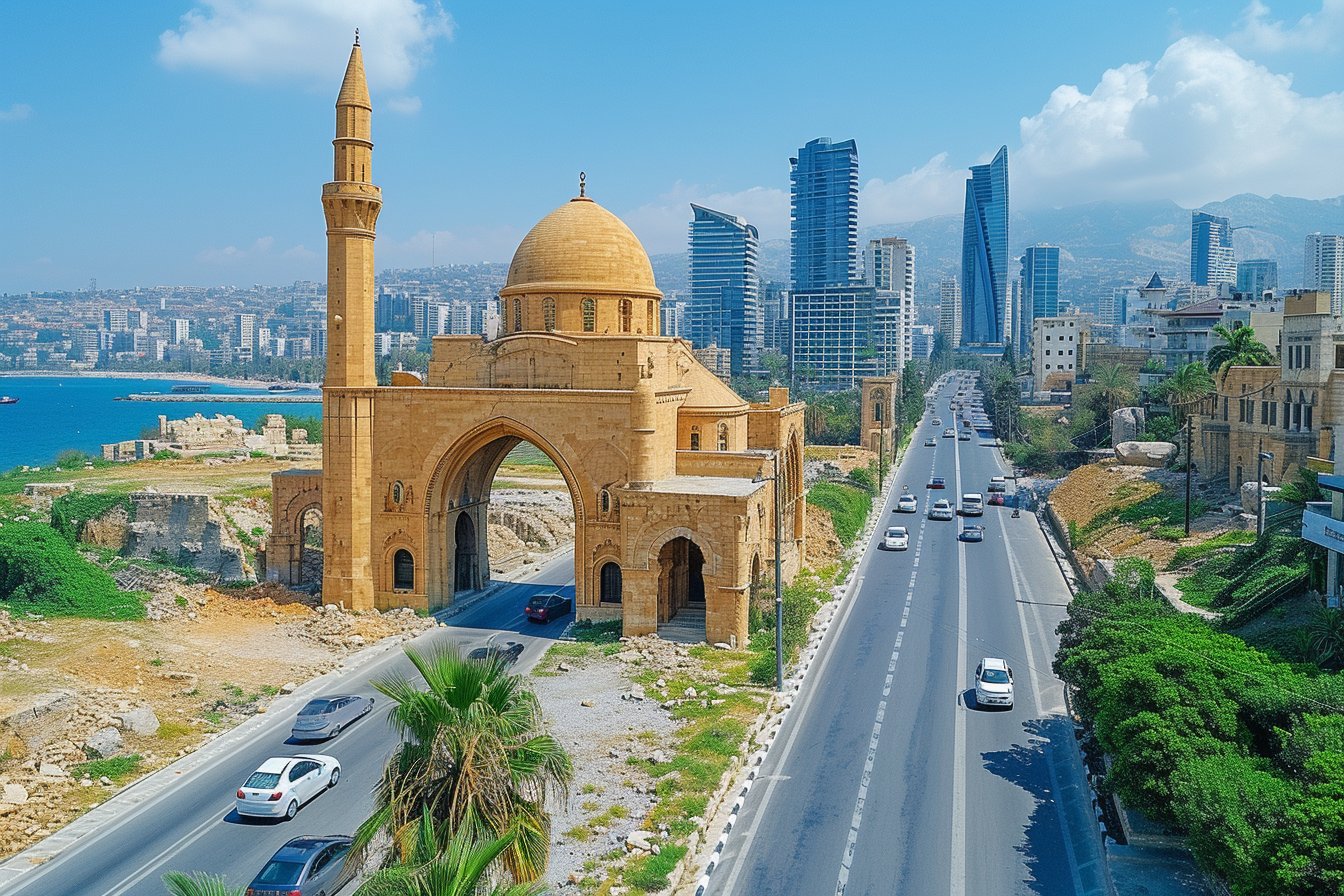As one of the most beautiful and historically rich countries in the Middle East, Lebanon has long been considered a must-see destination for travelers. However, recent events have created a climate that poses significant challenges to both locals and visitors alike. Consequently, Lebanon has become a high-risk country due to various factors such as its unstable political situation, security threats, and economic crises.
The Threat of Crime and Terrorism
One major reason why Lebanon is classified as a high-risk country lies in its connections to crime and terrorism. Despite the efforts of local authorities, there remains an ongoing threat posed by criminal elements who engage in crimes like theft, robbery, property damage, and other forms of violence. This directly impacts the safety and well-being of citizens and visitors alike.
In particular, terrorist organizations operating within and outside Lebanon pose substantial risks to national security. Terrorist attacks carried out by transnational terrorist groups often target foreign interests and individuals considered enemies of their cause.
Kidnappings and Civil Unrest
Another risk factor tied to the presence of criminal organizations and terrorist groups in Lebanon is the potential for kidnappings. These abductions occur primarily for ransom demands or political leverage and demonstrate how perilous the nation’s security situation can be for both residents and tourists.
Civil unrest also plagues Lebanon, with protests and demonstrations occurring frequently over sociopolitical issues. Instances of violence, vandalism, and clashes between protesters and law enforcement create a volatile atmosphere, which heightens the risks faced by people within the country.
Landmines and Conflict Areas
Lebanon’s challenging political landscape is further exacerbated by lingering effects of past military conflicts. Unexploded ordnance and landmines are still found in some areas, posing risks to anyone traveling through these zones.
Furthermore, the ongoing Syrian civil war has created an influx of refugees seeking shelter in Lebanon. This has placed a significant strain on the country’s resources and infrastructure, leading to increased tensions between communities and impeding proper governmental support for impacted regions. As such, travel near conflict zones or refugee-concentrated areas should be avoided due to heightened security concerns.
Economic and Financial Risks
Beyond political instability and security threats, Lebanon faces acute socioeconomic issues that place added pressure on its already fragile state. The nation suffers from a growing financial crisis marked by defaulting on debt payments, ballooning budget deficits, increasing poverty and unemployment rates, and rampant corruption. This precarious fiscal position greatly impacts the quality of life for Lebanese citizens and serves as another contributing factor to unrest within the nation.
Another key concern is the nation’s standing with the Financial Action Task Force (FATF), which sets international standards for combating money laundering and terrorist financing. Lebanon has been listed among grey list countries due to its weak Anti-Money Laundering/Combating the Financing of Terrorism (AML/CFT) framework. Being on the FATF grey list highlights structural deficiencies in addressing strategic ML/TF risks, thereby eroding investor confidence and negatively impacting Lebanon’s economic environment.
Infrastructure and Transportation Challenges
Weaknesses in Lebanon’s infrastructure also hinder daily life, particularly in terms of public transport, aviation, and other essential facilities. These deficiencies have adverse effects on both local businesses and residents, compounding the nation’s numerous socioeconomic challenges.
Travelers need to be aware of the potential headaches that can arise when traversing Lebanon’s transportation system, such as unpredictable delays, safety concerns tied to vehicle maintenance standards, and infrastructure-related bottlenecks.
Healthcare System and Quality of Life Issues
In recent years, Lebanon’s healthcare system has faced mounting difficulties due to limited resources, ballooning costs, crippling currency depreciation, and escalating social demands . The COVID-19 pandemic has further exacerbated these issues, putting added strain on an already struggling system. Consequently, the overall quality of life in Lebanon is diminishing rapidly, with rising inflation eroding purchasing power and increasing dissatisfaction among citizens.
Addressing Lebanon’s Multifaceted Challenges
Lebanon finds itself grappling with a myriad of internal and external problems that have resulted in its current status as a high-risk country. To mitigate these risks, ongoing efforts must be made to address political, economic, security, and societal concerns holistically. Recognizing how interconnected these challenges are is crucial for devising comprehensive strategies aimed at fostering stability, development, and resilience throughout the nation.






